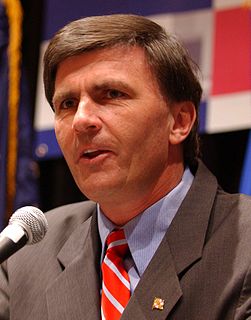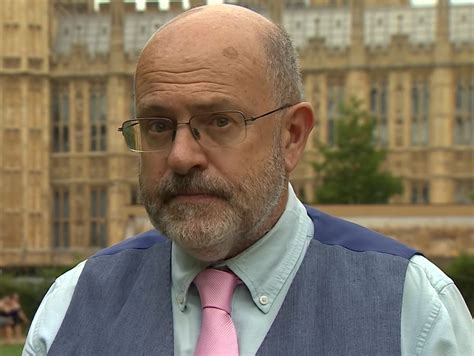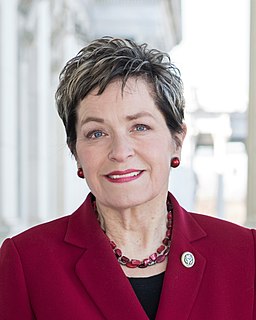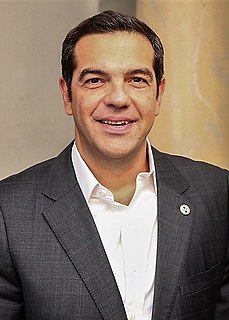A Quote by Keith Ellison
Our message of strengthening the middle class, working people, we just didn't penetrate well enough and we didn't have the kind of turn out that we really needed or expected.
Related Quotes
Worked hard on [our message of strengthening the middle class, working people], but it didn't come through in places like Wisconsin, Michigan, Pennsylvania.It really should have, because people are struggling. And the Democratic message and the Democratic platform would help them, but somehow it didn't come up the way it should have. But it will.
The working class of England today have no vision of society beyond the acquisitive - no version of themselves or their habits as anything other than transitional, on their way up or on their way out. The working class, at best, is a waiting room for people who aim to become middle class if possible.
The light bulb going off in my head was a fear that in this pivotal moment in history, when America faces so many serious problems, when the middle class and working class of this country are being decimated, that there were not voices out there representing the tens of millions of people who needed a voice. And the idea of going through a campaign where there is not a serious discussion about the most important issues facing America, where there are not voices out there representing people who are hurting - that seemed to me unacceptable.
































